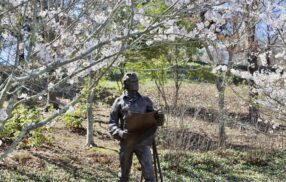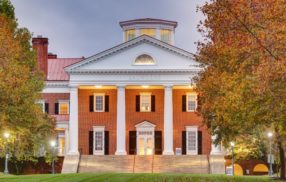
4 Retiring Faculty Legends Leave Incredible Legacies
Professors Mark Haskins, Lynn Isabella, Jeanne Liedtka and Barbara Millar have left enormous marks on the Darden School, developing new curricula, building consequential programs and, of course, educating thousands of students. While they came from different backgrounds and disciplines, they retired together at the end of the 2023–24 academic year.
Jeanne Liedtka
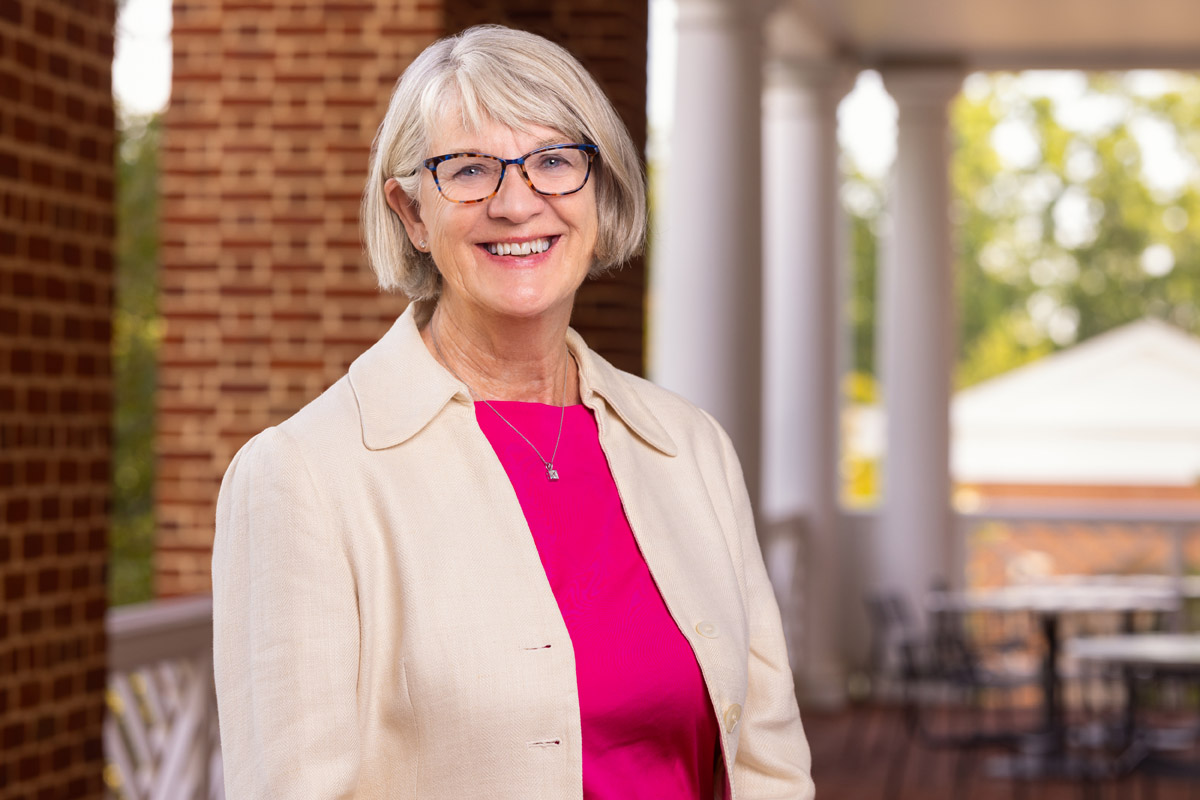
Professor Jeanne Liedtka
Professor Jeanne Liedtka is going out on top, retiring from Darden following the conclusion of her six-month stint as interim dean. While in some ways a culminating act of service for the 34-year Darden veteran, the deanship also served as the latest investment in an institution that Liedtka said consistently invested in her.
“I think the secret to being really satisfied with your career is to do something that you love, which for me has always been teaching and writing and working with practitioners and contributing to management knowledge and practice,” said Liedkta. “But it’s also about being in a place you love that accepts you for who you are.”
Liedtka said few if any places would have supported the sort of mid-career reinvention she pursued, trading a more traditional strategy orientation for the then-novel idea known as design thinking.
The creative problem-solving approach would go on to become one of Darden’s best-known intellectual exports and Liedtka one of its foremost practitioners, with a trail of books, classes and massively popular Coursera courses popularizing the idea around the globe.
While blazing her path, Liedtka also held key leadership posts across the School, serving as executive director of the Batten Institute for Entrepreneurship, Innovation and Technology and as associate dean for MBA programs on two occasions.
“We’ve created this powerful system, and the heart of that system is the learning experience we create for people,” said Liedtka. “It’s been a remarkable journey to be part of Darden changing in so many ways, and yet demonstrating that we can retain the heart of what makes us who we are.”
Lynn Isabella
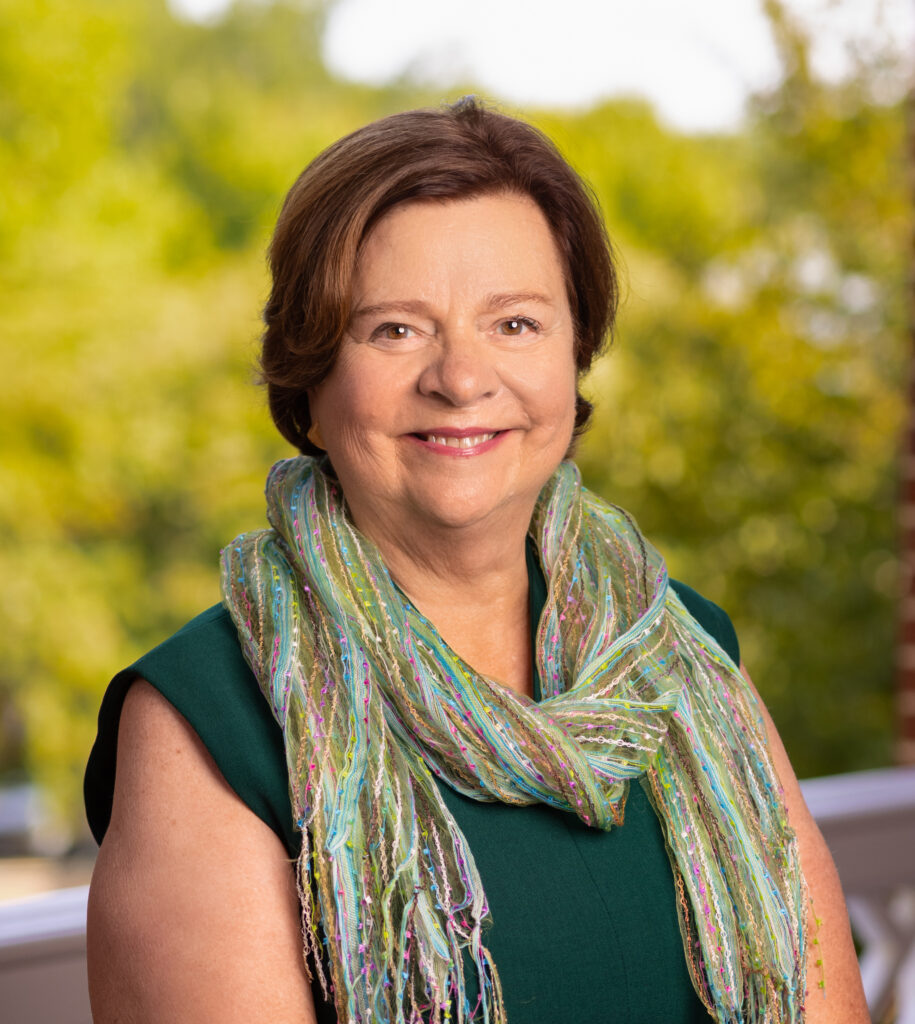
Professor Lynn Isabella
Early in her career, Professor Lynn Isabella was a college intern at MIT’s Instrumentation Laboratory at a time when the lab was keeping backup calculations related to NASA’s moon landing.
“I could do the math and the computers, but I wasn’t passionate about it,” said Isabella. “But what I was passionate about was helping people where they spent most of their time, which was at work. And so, when I discovered this field called Organizational Behavior, with a focus to help people at work, well, that was a big deal for me.”
The discovery propelled Isabella’s career and improved the lives of countless students and organizations.
Isabella was teaching at Southern Methodist University when she received a call from a former Harvard acquaintance, Professor Emeritus Jim Clawson, asking if she could teach at Darden while he went on sabbatical. What was to be a two-year visiting professor engagement soon resulted in a full-time offer.
Isabella worked across the School over the course of her career, teaching MBAs but also bringing creativity and innovation to curriculum design and classroom activities, helping to design and launch the Executive MBA program and the new Part-Time format, and becoming a tireless provider and creator in executive education. Isabella created Darden Executive Education’s first signature experiential program.
“Students often say, ‘I can’t believe you stayed at the same organization for 34 years.’ And I say, ‘Well, why should I leave when I can have a new job every year?’”
Barbara Millar
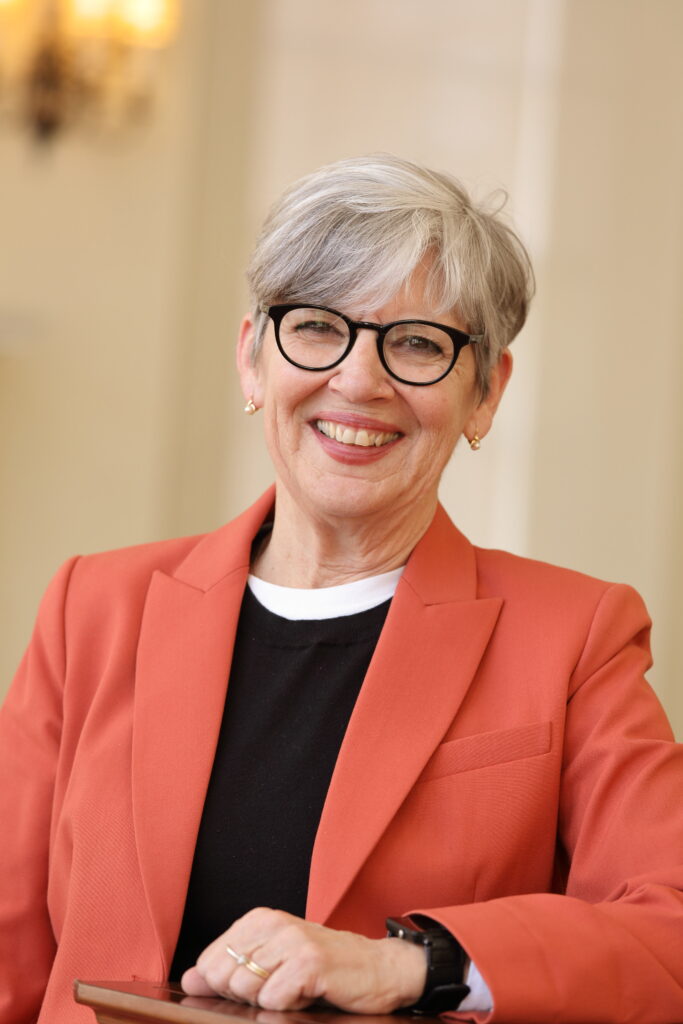
Professor Barbara Millar
Professor Barbara Millar was not particularly interested in the first job she interviewed for at Darden. It was 1987, and Millar was interviewing for associate director of admissions and director of financial aid, topics that felt removed from her interests in student development and program leadership.
Then-Dean John Rosenblum convinced Millar that she would learn everything she needed to know about the School through admissions, potentially paving the way for other opportunities. Interviews with faculty members also subdued her initial reluctance.
“I probably interviewed with 10 different faculty members, and I asked every one, ‘What’s one word to describe the Darden culture?’” said Millar. “Every single faculty member used the same word: community. I thought, either they are coordinating with each other or this really is a special place.”
Millar took a leap, and the initial position led to a rich leadership career across Darden programs, including director of student affairs, leading international advising, and helping to build and lead the Executive MBA program. When Millar was offered the opportunity to move from administration to a faculty position, she saw it as a “career invigorator” and made the move in 2019.
“More than a little disconcerted” at first, Millar found her experience translated to the front of the classroom, providing a new avenue for the student development she had spent a career focusing on.
Having helped build pillars of Darden from the ground up, Millar said she’d like to be remembered as an advocate for students and someone who brought joy and a can-do attitude to the job — whatever it was.
Mark Haskins
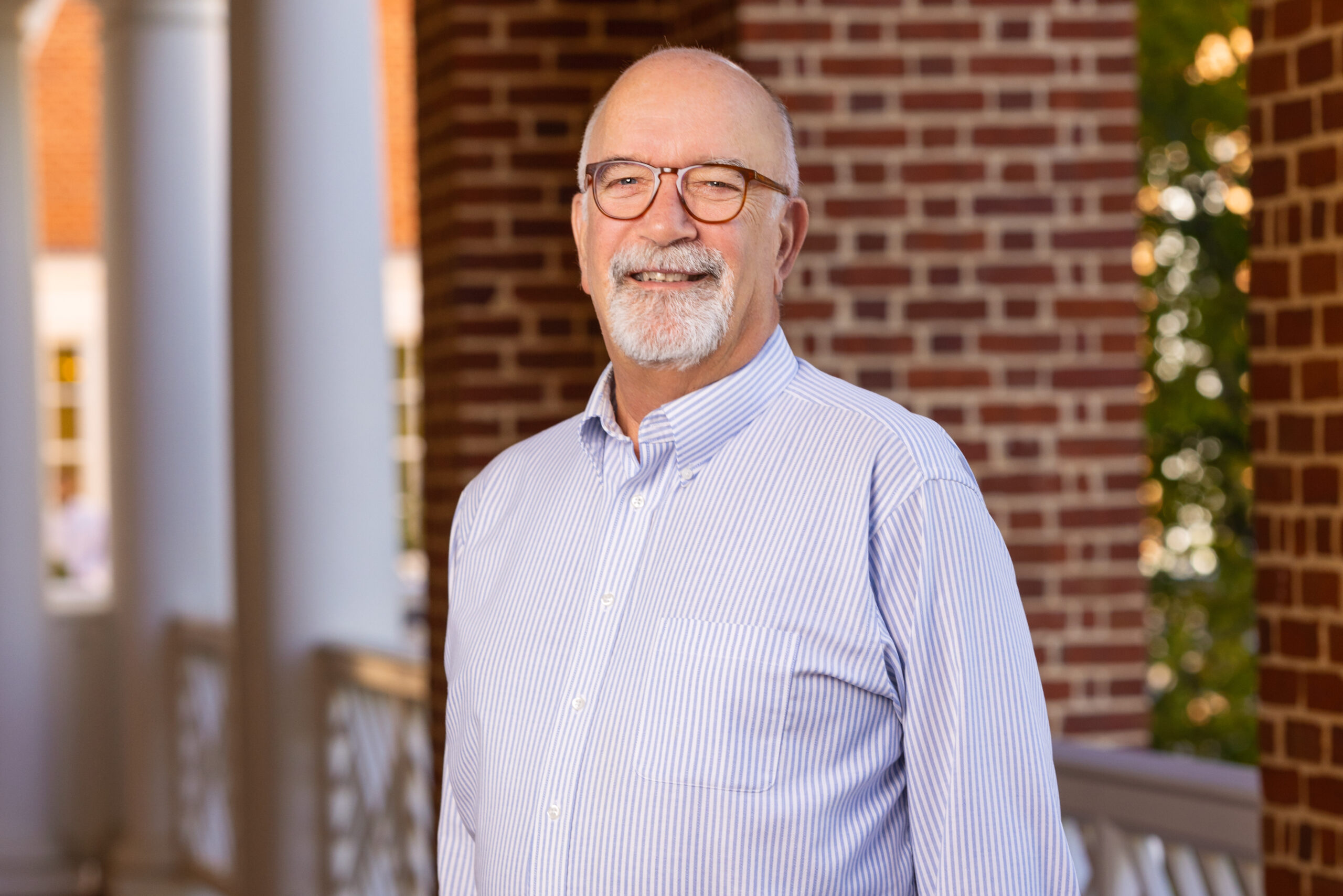
Professor Mark Haskins
Professor Mark Haskins vividly remembers sitting in on the class that solidified his interest in teaching at Darden. Haskins, who was interviewing for a position, recalled students taking their seat and Professor Dick Brownlee opening the class with a question. Instead of students putting their heads down, or seeking an answer in a textbook, about 30 hands shot up.
“For the next 90 minutes, it was a high-energy conversation,” said Haskins. “A high-energy, interesting conversation in an accounting class. OK, I’ve died and gone to professor heaven. This is where I want to be.”
And it’s where Haskins would stay for 40 years, learning to teach accounting via the case method from legends like Brownlee and Dean Emeritus C. Ray Smith and developing his own style and research interests along the way. Darden allowed him the freedom to bring in his academic background in sociology and cast accounting as a broader consideration of strategic managerial decision-making with behavioral implications.
“If you are in the management space, you are going to need financial data for assessing performance,” Haskins said.
Now looking ahead to spending more time woodworking, writing and spending time with his seven granddaughters, Haskins said he preferred to think of his most important impact as having occurred where it all began, in the classroom.
“Whatever legacy I am leaving at Darden is going to be in the minds of the students who I was privileged to have in class, whether executives or MBAs,” he said.
The University of Virginia Darden School of Business prepares responsible global leaders through unparalleled transformational learning experiences. Darden’s graduate degree programs (MBA, MSBA and Ph.D.) and Executive Education & Lifelong Learning programs offered by the Darden School Foundation set the stage for a lifetime of career advancement and impact. Darden’s top-ranked faculty, renowned for teaching excellence, inspires and shapes modern business leadership worldwide through research, thought leadership and business publishing. Darden has Grounds in Charlottesville, Virginia, and the Washington, D.C., area and a global community that includes 18,000 alumni in 90 countries. Darden was established in 1955 at the University of Virginia, a top public university founded by Thomas Jefferson in 1819 in Charlottesville, Virginia.
Press Contact
Molly Mitchell
Associate Director of Content Marketing and Social Media
Darden School of Business
University of Virginia
MitchellM@darden.virginia.edu


